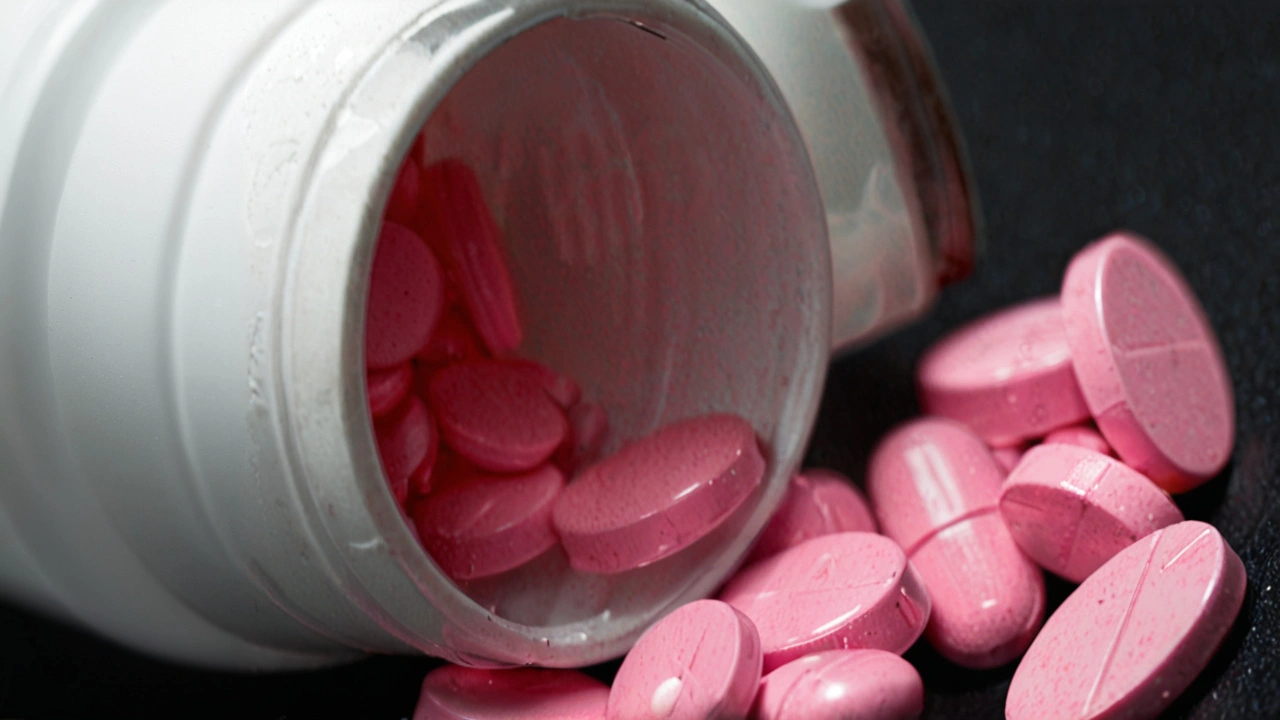Mild depression: practical help, tips, and treatment options
Mild depression can feel heavy but manageable. If your mood dips, sleep or appetite shifts, or motivation slips, you might be dealing with mild depression. These changes can make daily tasks harder without stopping you completely. The good news: small, targeted steps often make a big difference.
First, check how long symptoms last. Feeling low for a few days after a bad week is normal. If low mood, low energy, or loss of interest persist for two weeks or more, consider talking to a healthcare professional. A short assessment with a GP, nurse, or mental health worker can clarify whether symptoms are mild and suggest next steps.
Self-help strategies that work
Start with routines. Simple habits — regular sleep, small meals, and short walks — stabilize mood quickly. Break tasks into tiny steps: instead of "clean the house," try "take out the trash." Celebrate small wins. Planning two short activities you enjoy each day, like listening to a favorite song or calling a friend, boosts motivation over time.
Move your body. Even a 10-minute walk or stretching session raises brain chemicals that lift mood. Aim for consistency rather than intensity. Try mixing breathing exercises or 5-minute mindfulness sessions after dinner to reduce nighttime rumination. Track progress in a one-line journal: note one thing that went well each day.
Treatments to consider
Psychological therapies like cognitive behavioral therapy (CBT) are effective for mild depression. Many clinics offer brief CBT programs or guided self-help with a coach. If therapy isn’t available, evidence-based apps and workbooks can teach similar skills. Medication may help if symptoms don’t improve with self-care and therapy. Discuss benefits and side effects with your prescriber; for mild cases, short courses or watchful waiting are common choices.
Social support matters. Tell a close friend or family member what you’re experiencing and ask for specific help, such as company for a walk or reminders for appointments. Peer support groups, online or local, reduce isolation and offer practical tips from people who’ve been there.
Practical resources include local mental health clinics, your GP, and online directories. If cost is a concern, look for community counseling, sliding-scale services, university clinics, or counseling lines. Employers often have employee assistance programs with free therapy. Keep a list of emergency contacts and a simple plan for when mood drops: who you call, where you go, and what small steps help you feel safe.
When to seek urgent help: if you have thoughts of harming yourself, feel unable to cope, or notice sudden severe changes in thinking or behavior, contact emergency services or a crisis line right away. Don’t wait. Mild depression can worsen, and quick help keeps you safe.
Small changes add up. Start with one routine, one walk, and one person you can talk to. Keep monitoring your mood and get a professional opinion if things don’t improve after a few weeks. With practical steps and the right support, most people recover and regain their usual energy and interest.
New Research Questions Antidepressant Efficacy for Mild Depression: Alternative Treatments Highlighted
A recent study in JAMA suggests antidepressants may offer minimal benefits for mild depression compared to their side effects. The data from six clinical trials involving over 2,000 patients revealed the need for alternative treatments like psychotherapy and lifestyle changes, challenging current prescription practices.

